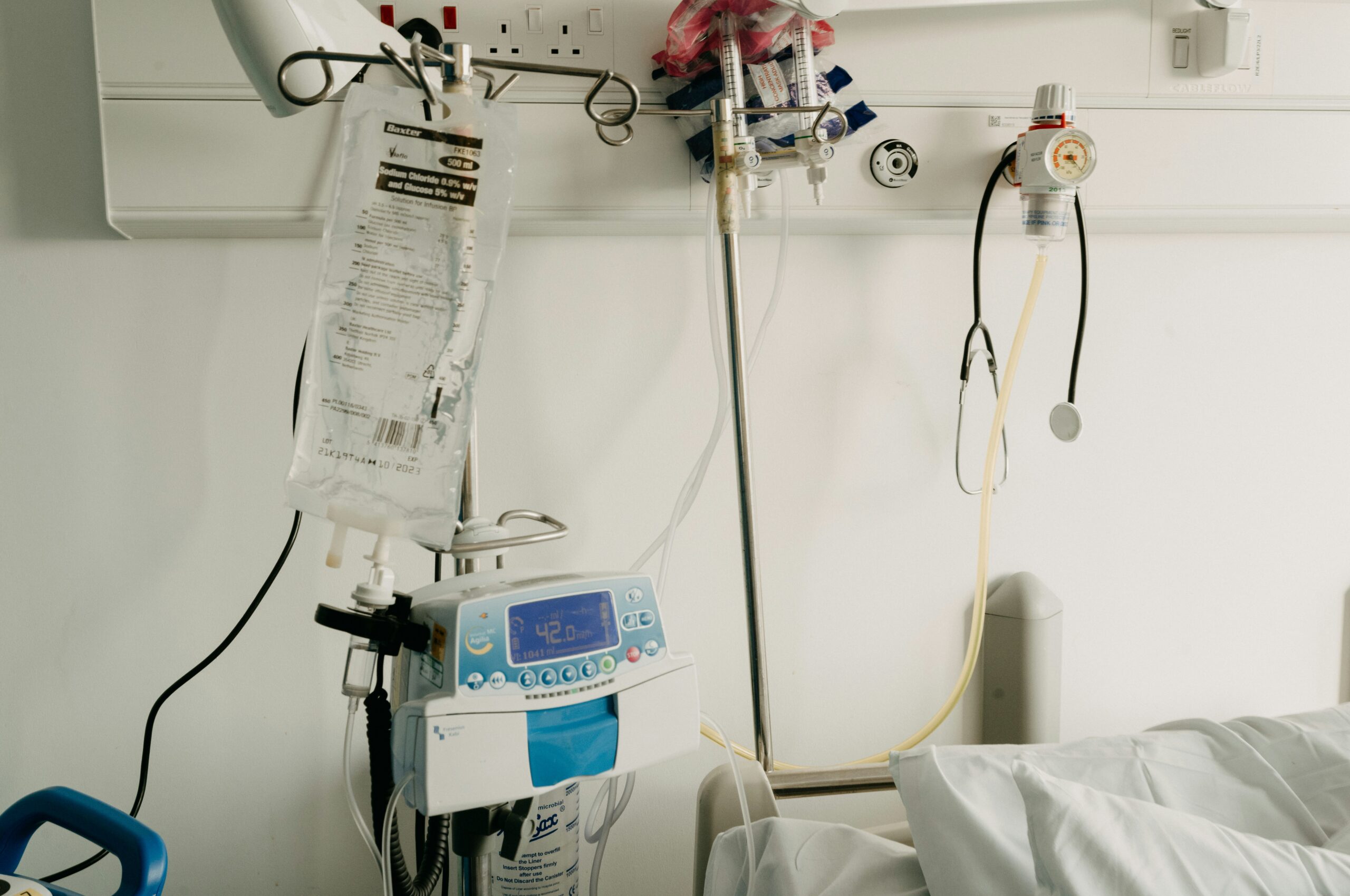Many individuals have easy access to two common substances in today’s society – Xanax and alcohol. While the substances alone seem harmless, misuse of either can have harmful effects, and mixing the two can lead to even more serious complications.
One of the most widely prescribed drugs in the United States is alprazolam, better known under its trade name, Xanax. It belongs to a class of psychoactive drugs known as benzodiazepines commonly prescribed to treat anxiety, panic disorder, and—sometimes—alcohol withdrawal. Unfortunately, mixing Xanax and alcohol often occurs in cases of treating alcohol withdrawal. Generally, benzodiazepines are safe and effective drugs in the short term for a wide range of conditions if taken according to doctor’s orders. But they are also frequently abused because of their psychoactive effects and their widespread availability. In many cases, the medication has been diverted and is misused by people without a prescription for the drug. Using “benzos” illicitly becomes very risky when taken concurrently with alcohol or other drugs. Many patients are seeking addiction treatment present with a history of abusing multiple drugs or drugs or combining drugs with heavy alcohol misuse. Misusing more than one drug at a time is known as polysubstance use.
Concurrent alcohol and alprazolam use is particularly dangerous for two reasons. Mixing alcohol and Xanax can intensify the effects of both substances. This is often the reason why addicts mix them in the first place. The stronger high can be lethal, though. The deaths of both Whitney Houston in 2012 and her daughter Bobbi Kristina three years later have been linked to the combined abuse of alcohol, benzodiazepines, and other substances. Both alcohol and Xanax act as depressants on the central nervous system. If the dosage is high enough, the combined effect can cause respiratory depression, respiratory failure, coma, and death. While the combination is much more dangerous than each substance by itself, it is also purged at a slower rate since alcohol and alprazolam are cleared from the body by the same liver enzymes. The poisonous effect hits harder and longer.
Understanding the Dangers of Mixing Xanax and Alcohol
A 2016 study led by researchers at Albert Einstein College of Medicine, Montefiore Health System, and the Perelman School of Medicine at the University of Pennsylvania showed how much overdose deaths involving benzodiazepines have soared in recent years. “We found that the death rate from overdoses involving benzodiazepines, also known as ‘benzos,’ has increased more than four-fold since 1996—a public health problem that has gone under the radar,” said lead author Marcus Bachhuber, M.D. Co-author Joanna Starrels, M.D., offered two possible reasons for the spike in benzodiazepine deaths: “People at high risk for fatal overdose may be obtaining diverted benzodiazepines [i.e., not from medical providers], and we know that combining benzodiazepines with alcohol or drugs—including opioid painkillers—can lead to fatal overdoses,” she said. The treatment of polydrug addiction can be complicated and should not be attempted without guidance from medical or addiction professionals. It might require residential treatment to be successful. The process of withdrawing from drugs and alcohol is not just physically and mentally unpleasant; it can also be life-threatening.
Polysubstance Abuse Treatment at Lakeview Health
Unlike many other treatment centers, Lakeview Health offers an on-site medical detox program. During this first stage of treatment, patients are monitored by medical staff, nurses, and clinicians around the clock to ensure the detox process is as safe and as comfortable as possible. Lakeview Health’s medical practitioners are also able to collaborate with therapy staff to formulate a continuing recovery plan. Since each patient has individual needs, treatment is tailored to meet patients where they are on their journey to sobriety, offering multiple levels of care and aftercare services.
Once detox is complete, our clients are able to continue with residential treatment. This allows them to remain safely at our facility as they focus on their recovery journey ahead and the modalities of treatment within their plan. During our residential treatment program, our team of addiction specialists, clinicians, and counselors will work with clients to help teach life skills, identify the root of addiction, and treat any underlying co-occurring disorders.
The Lakeview Difference
Lakeview Health offers a high-end dual-diagnosis treatment for anyone experiencing substance use disorder coupled with mental health behavioral issues. Our trauma-informed treatment programs have helped hundreds of patients transition from addiction to recovery. Our patients have gone on to find joy-filled and purpose-driven lives after substance use disorder, and we believe you can do the same.
If you’re ready to stop mixing Xanax and alcohol and want help for polysubstance abuse, contact Lakeview Health today at 866 704 7692. Our team is ready to help.




